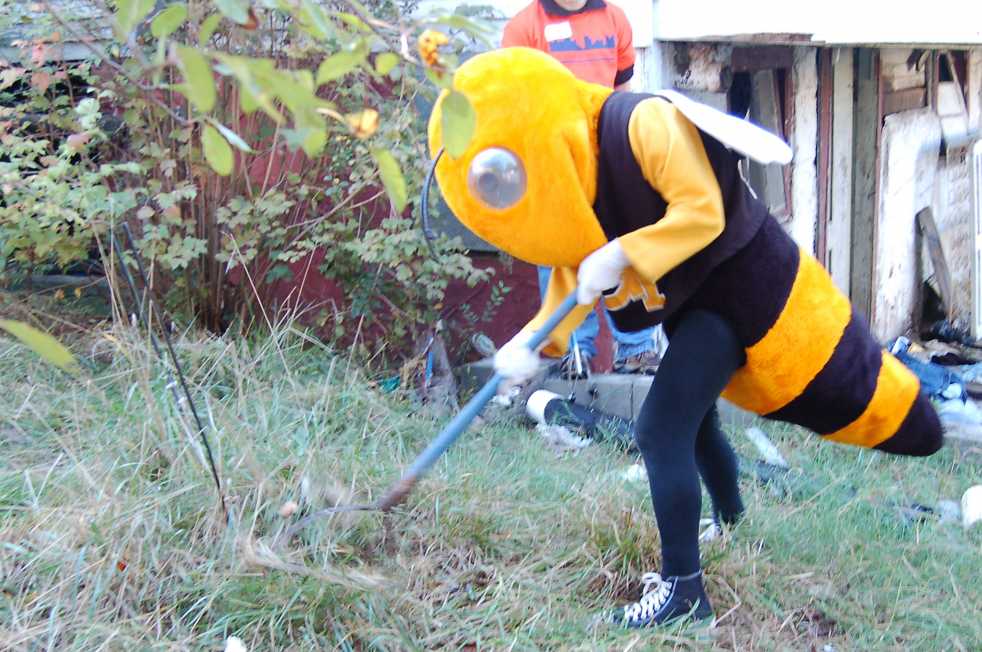The Westside Community Alliance (WCA) is a communications network developed in 2011 by Tech’s Ivan Allen College of the Liberal Arts (IAC), the College of Architecture (COA) and the Office of Government and Community Relations (GCR) with other partners throughout the community.
“Georgia Tech has such a reputation nationally and internationally for problem solving, for engagement and for public works and service…so my question was: we do all of this stuff around the world; what do we do across the street?” said Dean Jacqueline Royster of the Ivan Allen College, who was the driving force behind the creation of this community organization.
In its two years of existence, the WCA has facilitated quarterly meetings, a listserv and a website to serve as a basis for an ongoing communication network for connections between Tech, other universities in the area, neighborhood associations, businesses, the City of Atlanta, Atlanta Fire Rescue, Atlanta Public Schools, direct service organizations, non-profits and other organizations.
As a response to Tech’s Strategic Vision and Plan, the WCA encompasses what it means to establish strategic partnerships, especially with those in the immediate area of Tech. Working through various schools and departments, they have established the Westside GT Taskforce, which is an internal network of Tech faculty who are teaching relevant courses, researchers, student organizations and campus volunteers, doing engaged research or planning projects on the Westside of Atlanta.
Some of the neighborhoods that WCA works in are Bankhead, where the average unemployment for the 16 and older population is 31 percent, English Avenue, where vancant residential structures make up 52 percent of those in the neighborhood, Washington Park, where 65 percent of average households have an income under $35,000 annually, and Vine City where there are about 3,232 food stamp recipients per square mile, according to Neighborhood Nexus.
“Often times people are working within blocks of each other and don’t know each other or they’re working at the same site,” said Sheri Davis-Faulkner, Community Liaison for the Westside Community Alliance. “They just come on a different day and they work with a different person, so they don’t know that there are ways that they could simply be working together on a lot of these projects.”
The Westside GT Taskforce includes programs like the Honors Program’s Semester-In-The-City course which invites students to explore how urban neighborhoods and schools work and provide opportunities to work in those communities. It also includes the College of Architecture, Project Studio: Northside Drive Corridor, which involved graduate students developing four extensive proposals to advance Northside Drive as a prominent transit corridor. A final example is the CEISMC Mentoring Program, in which all programs operate under similar goals to improve performance and proficiency by providing tutors and mentors with schools in the Atlanta area.
Along with many other initiatives, these focus in on four areas that the WCA has targeted as key issue areas that many partners are actively engaged in. As Davis-Faulkner explained, these include food and health, education and student engagement, water and the environment as well as development and transit. This was a way that they were able to fill in gaps and continue to do something other umbrella organizations like it weren’t necessarily a part of yet.
According to Rebecca Keane, the Director of Communications in the Office of the Dean of IAC, these projects were not generated in response to problems but were underway already and became affiliated with the Westside Initiative to be sustainable.
